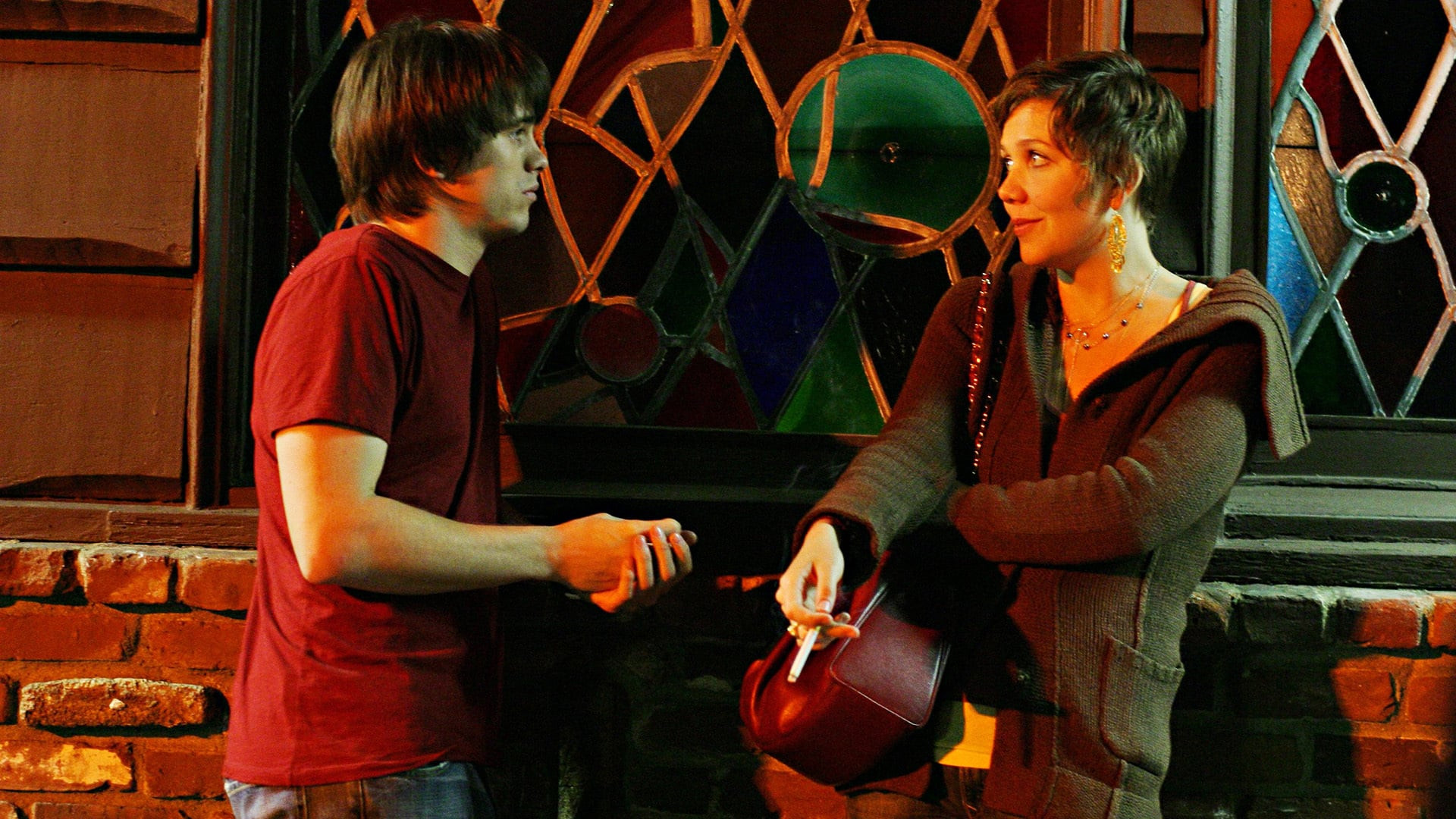

- Happy endings 2009 documentary professional#
- Happy endings 2009 documentary series#
- Happy endings 2009 documentary tv#
Each of these three papers illustrates the potential for documentaries to offer important interpretations of how race plays out in the sports world.
Happy endings 2009 documentary professional#
In her paper Samantha Sheppard discusses the 2011 film On the Shoulders of Giants: The Story of the Greatest Team You’ve Never Heard Of that recounts the largely untold history of the Harlem Rens, the first all African American professional basketball team. as a story of how tennis star Venus Williams, because of her outsider status in a sport that is overwhelmingly white, was able to challenge the status quo and push for equal prize money for women. Aaron Baker examines the 2013 documentary Venus Vs.


Guy Harrison’s paper analyzes the 2007 film Two Days in April, noting how it presents the NFL Combine as a place of opportunity for African American players from disadvantaged backgrounds, but without acknowledging how race has been a major factor in the marginalization these young men have faced. This panel will look at three recent documentaries that focus in particular on race in American sports. While Hollywood films about sports often avoid issues of social difference as they hurtle toward happy endings and live television coverage mostly foregrounds who is winning and losing and the spectacle of the action, some documentaries take the time to reflect on and interpret the economic interests and social identities that make up the sports world.
Happy endings 2009 documentary series#
Since 2009 the 30 for 30 series has led the way in this growth of the genre, earning numerous Peabody Awards for ESPN and enabling it, according to Travis Vogan, to become a major voice in public discourse on the history of sports.

Happy endings 2009 documentary tv#
Such good ratings and low production costs in contrast to the skyrocketing rights fees for live sporting events have prompted many TV networks to set up documentary production units. Sports documentaries, especially those made for television, have reached larger audiences in recent years. Yet as Pat Auferderheide points out, as truthful as they attempt to be, “documentaries are about real life they are not real life.” Documentary films about athletics have even greater expectation of giving viewers insight into important social, cultural and economic issues in the sports world. While fictional movies about sports frequently draw on this idea of home to construct the lived space that creates and strengthens the athletic protagonist, they also bear the burden of portraying that social environment accurately, just as they need to plausibly represent the physical skills and drama that fans look for in athletic competition. Home is a prominent concept in the culture of sports, used as a way to define a space that an athlete or team represents, and to unify fans into a community in support of one side in the competition. Session Submission Type: Paper Session: Traditional Format Abstract Remove from Personal Schedule Race in the Sports Documentary Sat, November 19, 8:00 to 9:45am, HYATT REGENCY AT COLORADO CONVENTION CTR, Floor: Level 3, Mineral Hall F


 0 kommentar(er)
0 kommentar(er)
